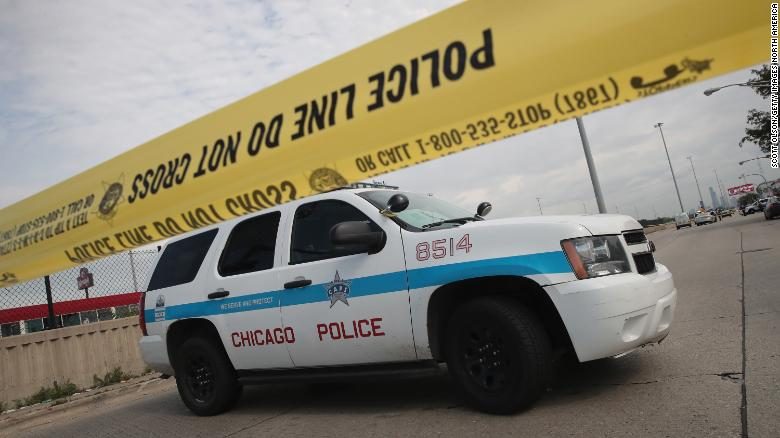As Chicago leaders continue to debate police reform, one major proposal gaining traction is a dramatic reduction in traffic stops for minor infractions. Under a plan supported by Chicago’s Community Commission for Public Safety and Accountability and backed by activist groups, officers would be banned from pulling drivers over for violations such as a missing front license plate, non-functioning headlights, or loud music. Critics say this effort would strip police of a critical public safety tool and endanger communities already struggling with violence.
Retired Riverside Police Chief Tom Weitzel joined Chicago’s Morning Answer with Dan Proft and Amy Jacobson to push back on the concept of “pretextual stops”—a term often used by reform advocates to suggest that traffic stops are simply a pretense for targeting minorities.
“There’s no such thing as a ‘pretextual’ traffic stop. That’s a made-up term,” Weitzel said. “These are legal, constitutional stops. The U.S. Supreme Court ruled on this decades ago.”
Weitzel noted that the anti-traffic stop campaign gained renewed energy following the March 2024 police shooting of Dexter Reed. Media outlets and advocacy groups labeled the stop leading to the shooting as “pretextual,” framing it as a racist misuse of police authority. However, Weitzel insists that good police work often begins with routine enforcement.
According to Weitzel, officers regularly stop vehicles without knowing the race of the driver—especially in cities where most vehicles have tinted windows. “The idea that police start their day thinking about how to harass minorities is not only ridiculous, it’s racist in itself,” he said.
Reform advocates frequently cite data showing a higher rate of traffic stops for Black and Latino drivers in urban areas. But Weitzel challenged the validity of that data, pointing out that Illinois legislators have even cited opinion pieces from outlets like the Chicago Sun-Times and WBEZ as evidence when pushing for bills that would restrict nine categories of minor stops, including for faulty lights or expired tags.
“The fact that lawmakers are using biased media narratives as the basis for legislation is deeply concerning,” Weitzel said. “It’s being driven by ideology, not public safety.”
In addition to reducing crime, Weitzel argued that traffic enforcement improves community safety in other ways. When he served as chief in Riverside, residents often requested increased patrols for speeding, school zone violations, or traffic control near events. Visible traffic enforcement deterred not only reckless driving, but also burglaries and other crimes.
“The mere presence of a squad car with its lights on can stop a would-be criminal in their tracks,” he explained. “Residents wanted that. They felt safer because of it.”
The debate over police enforcement isn’t limited to traffic stops. Chicago officials are also weighing expanded powers to impose curfews in response to teen “takeovers” that have disrupted commercial areas and tourist destinations. Superintendent Larry Snelling has voiced support for the idea, but Weitzel is skeptical of its effectiveness.
“A curfew won’t prevent the takeover. It only gives you a tool to respond after it’s already started,” Weitzel said. He also warned that allowing mayoral appointees to override police commanders in the field could inject politics into critical decisions and further weaken officer morale.
What does Weitzel believe would work instead? The answer is simple: arrests and prosecutions. “When you make it clear there are consequences, word gets out. That’s how you stop these events,” he said. “There needs to be a consistent message that lawlessness won’t be tolerated.”
Weitzel also emphasized that many of the teens involved in violent or destructive takeovers are minors, which complicates enforcement due to concerns about optics. “They don’t want the image of police arresting groups of teenagers playing on the news,” he noted.
Ultimately, Weitzel’s message echoed that of many law enforcement professionals: effective policing begins with proactive, not reactive, enforcement. “We pay police to notice when something’s off, when something doesn’t look right. Take that away, and we all suffer,” he said.
As city officials continue to debate traffic stop reform, curfews, and police accountability, Weitzel’s warning stands as a reminder of the consequences when politics overrides public safety.





